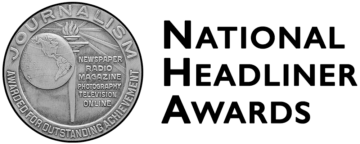Welcome: Kathleen Hall Jamieson, Director, Annenberg Public Policy Center
Panelists:
Jeff Kosseff, Associate Professor, U.S. Naval Academy’s Cyber Science Department; author of The United States of Anonymous and the best-selling book The Twenty-Six Words That Created the Internet
Danielle Citron, Professor of Law, University of Virginia School of Law; VP of Cyber Civil Rights Initiative
Jeff Jarvis, Professor and Director, Tow-Knight Center for Entrepreneurial Journalism, CUNY
David Kaye, Professor of Law, University of California, Irvine; former U.N. Special Rapporteur for Freedom of Expression
Moderator: Susan Ness, APPC Distinguished Fellow and former FCC Commissioner
The right to anonymity is deeply rooted in US. history and culture. The drafters of the U.S. Constitution focused on preventing government from impeding fundamental rights – notably, free speech and assembly — which are core to the First Amendment.
But anonymity is a double-edged sword. Anonymity can protect the voices of the powerless from the powerful, but it can also drum out the voices of the powerless and ruin lives through stalking, revenge porn, swatting, and hate speech.
Jeff Kosseff, author of the book The United States of Anonymous, will explain how the right to anonymity, entwined with the First Amendment, has influenced American values, laws, and discourse. Our panel will then examine the benefits and harms from anonymity online, and how porous anonymity can be. Through an international human rights lens, we will discuss the pressures facing anonymous speakers and speech worldwide, such as facial recognition tools used against protesters, technology used to unmask whistleblowers and confidential news sources, and the perennial battle over encryption. Finally, what tools are available to mitigate harms and to protect victims of horrific online and offline assaults?
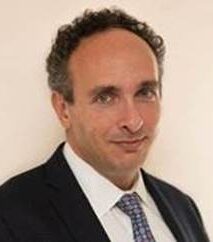
Jeff Kosseff is an associate professor of cybersecurity law in the United States Naval Academy’s Cyber Science Department. His book The Twenty-Six Words That Created the Internet, a history of Section 230 of the Communications Decency Act, was published in 2019 by Cornell University Press. In March, Cornell published his latest book, The United States of Anonymous: How the First Amendment Shaped Online Speech. He also is the author of Cybersecurity Law, a textbook and treatise published by Wiley. Before becoming a lawyer, he was a technology and political journalist for The Oregonian and was a finalist for the Pulitzer Prize for national reporting and recipient of the George Polk Award for national reporting. He received a J.D. from Georgetown University Law Center, and a B.A. and M.P.P. from the University of Michigan.

Danielle Citron is the Jefferson Scholars Distinguished Schenck Professor of Law at University of Virginia School of Law and director of the UVA Law Tech Center; VP of Cyber Civil Rights Initiative; a 2019 MacArthur Fellow; and author of the forthcoming book The Fight for Privacy: Protecting Dignity, Identity, and Love in the Digital Age.
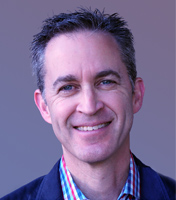
David Kaye is a professor of law at the University of California, Irvine, and director of its International Justice Clinic. From 2014–2020 he served as the United Nations Special Rapporteur on the promotion and protection of the right to freedom of opinion and expression. He is also the author of Speech Police: The Global Struggle to Govern the Internet (2019), independent chair of the board of the Global Network Initiative, and a trustee of ARTICLE 19.
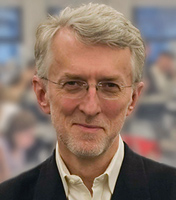
Jeff Jarvis is the Tow Professor of Journalism Innovation at CUNY’s Craig Newmark Graduate School of Journalism. He is the author of an upcoming book, The Gutenberg Parenthesis, and before that What Would Google Do?, Public Parts, and Geeks Bearing Gifts. He is cohost of the podcast “This Week in Google.” Previously, he was president and creative director of Advance.net; creator and founding editor of Entertainment Weekly; and Sunday editor of the New York Daily News.
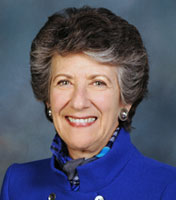
Susan Ness, moderator, is a distinguished fellow at the Annenberg Public Policy Center, where she convened and co-chaired the Transatlantic High-Level Working Group on Content Moderation and Freedom of Expression. She also is a distinguished fellow at the German Marshall Fund, where she works on transatlantic digital policy. A former commissioner of the U.S. Federal Communications Commission, she presently serves on the board of TEGNA Inc, a broadcast and media company, and Vital Voices Global Partnership, an NGO that invests in women leaders globally to improve the world.

